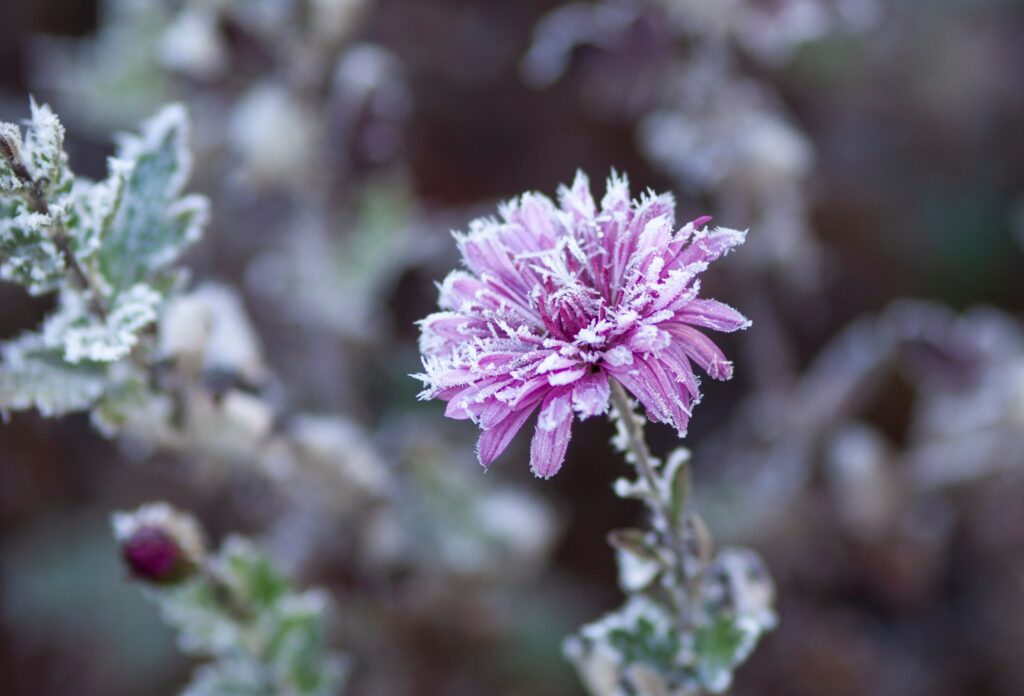惊蛰 Jīng Zhé: Awakening of Insects

驚蟄 Jīng Zhé, translated as Awakening of Insects, is the 3rd solar term in the Ancient Chinese Solar calendar. It starts on March 5th and continues through March 19th of this year.

驚蟄 Jīng Zhé, translated as Awakening of Insects, is the 3rd solar term in the Ancient Chinese Solar calendar. It starts on March 5th and continues through March 19th of this year.

February 19th through March 4th marks the time of 雨水 Yǔ Shuǐ, translated as Rain Water, the 2nd term in the Ancient Chinese solar calendar.

立春 Li Chūn, or Start of Spring is the first of the 24 solar terms and this year it begins on February 4th and continues through February 18th.

January 20th through February 3rd marks the time of大寒 Dà Hán, or Major Cold, the 24th and last term in the Ancient Chinese solar calendar.

January 5th marks the beginning of 小寒Xiǎo Hán , or Minor Cold, the 23rd term in the Ancient Chinese solar calendar and the 5th solar term in winter.

December 22nd through January 4th marks the time of 冬至 Dong Zhi , or the Winter Solstice, the 22nd term in the Ancient Chinese solar calendar.

December 7th through December 21st marks the time of 大雪 Dà Xuě, or Major Snow, the 21st term in the Ancient Chinese solar calendar and 3rd portion of Winter.

November 22nd through December 6th marks the time of 小雪 Xiǎo Xuě, or Minor Snow, the 20th term in the Ancient Chinese solar calendar and 2nd portion of Winter.

November 8th marks the 19th term on the Ancient Chinese Solar Calendar of Li Dong立冬, and the start of the Ancient Chinese Winter.

October 24th through November 7th marks the time of 霜降 Shuāng Jiàng, translated as Frost Descent, the 18th term in the Ancient Chinese Solar Calendar. It is also the sixth and final term of the autumn season.